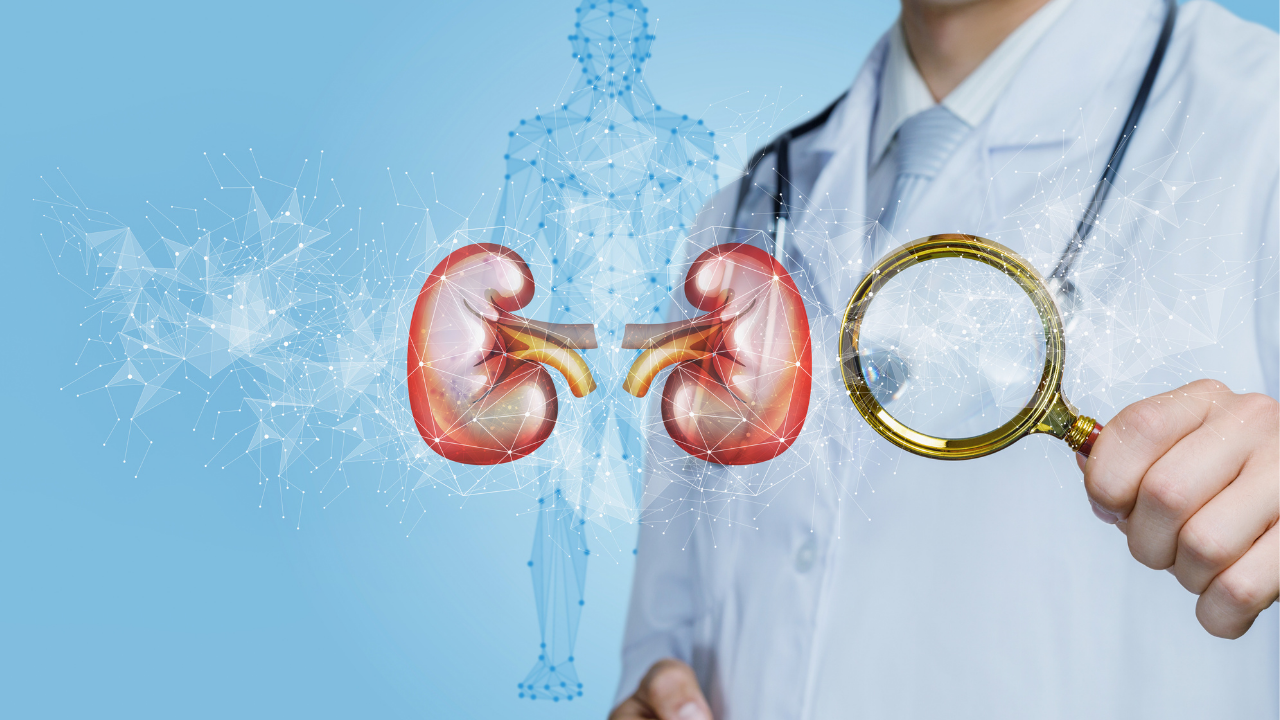What is Paxlovid?
Paxlovid is an antiviral medication. It is a medicine used to treat individuals with mild-moderate COVID symptoms, who are COVID positive. The drug is intended for individuals who are at risk to develop severe COVID-19, hospitalization or even death. The FDA has approved this drug for emergency use only as of the making of this video —> It is still termed an investigational medicine. (Emergency use authorization)
Who is eligible for Paxlovid?
Adults as well as children are eligible for this drug. Children must be 12 years or older and must weigh at least 88 pounds (44 kilograms).
How does Paxlovid work?
Paxlovid is in fact 2 separate medications which are used together. What are the two pills?
The first medicine is called Nirmatrelvir and the second is called Ritonavir. The first medication mentioned stops the COVID virus protein from replicating. The second medicine is used to boost the level of antiviral medicines to help fight the infection.
How to take Paxlovid?
When you start taking the medication it might seem confusing to you!
You take 2 tablets of the pink tablet nirmatrelvir and 1 white tablet of ritonavir. That is a total of three tablets which you take twice daily for 5 days. The pills are packaged in a blister pack so that you can take the medications appropriately. The doses are to be taken once in the morning and once in the evening. So, in total you will be taking 3 tablets in the morning an 3 tablets in the evening. All together you will be taking 30 pills over the span of five days.
You can take these tablets with or without food.
If you have kidney disease your dose will have to be adjusted. If you have severe kidney disease (GFR< 30 mL/minute) use of this medication is not recommended. If you have severe liver disease (Child pugh class C) use of this medication is not recommended.
When should I start taking Paxlovid?
This medication should be taken within five days of developing symptoms.
Which individuals are at a higher risk for developing severe COVID-19?
If you are above the age of 65 or have certain underlying medical conditions that can affect your immune systems such as cancer, diabetes, chronic kidney disease, chronic liver disease, chronic lung disease such as COPD or asthma, heart disease, obesity, you are at an increased risk.
Now there are 2 things you should be aware of :
- Medication side effects and drug- drug interactions.
Side effects:
- Diarrhea (3%)
- High blood pressure (1%)
- Altered sense of taste (usually bitter or metallic) 6%
- Muscle pain/aches (1%)
- There is also the chance of an allergic reaction: If you develop hives, have trouble breathing, difficulty swallowing, chest pain swelling of you face, mouth or lips call your health care provider or go to the nearest ER ASAP.

- Whilst on this medication and you notice an yellowing of your skin or the white of your eyes, dark urine, pale stool, itchy skin, abdominal pain or loss of appetite you might be developing a liver problem. Contact your health care provider ASAP.
Drug interactions:
Do not take this medication if you are on any of the following medications.This list is not exhaustive and check with your health care provider.
- Alpha 1-adrenoreceptor antagonist: alfuzosin
- Analgesics: pethidine, propoxyphene
- Antianginal: ranolazine
- Antiarrhythmic: amiodarone, dronedarone, flecainide, propafenone, quinidine
- Anti-gout: colchicine
- Antipsychotics: lurasidone, pimozide, clozapine
- Ergot derivatives: dihydroergotamine, ergotamine, methylergonovine
- HMG-CoA reductase inhibitors: lovastatin, simvastatin
- PDE5 inhibitor: sildenafil (Revatio®) when used for pulmonary arterial hypertension (PAH)
- Sedative/hypnotics: triazolam, oral midazolam
PAXLOVID cannot be started immediately after discontinuation of any of the following medications due to the delayed offset of the recently discontinued CYP3A inducer:
- Anticancer drugs: apalutamide
- Anticonvulsant: carbamazepine, phenobarbital, phenytoin
- Antimycobacterials: rifampin
- Herbal products: St. John’s Wort (hypericum perforatum) (4)(6)
Notes esp for older adults:
That was quite the list above.
The way the drug metabolizes in your liver it has the potential for adverse reactions.
Make sure that your healthcare provider or pharmacist is aware of the medications you are on including OTC drugs as well as herbal supplements.
Based on that information they can help determine if the drug is suitable for you or whether you should hold, dose adjust or dose reduce other medications you are on.
Think your Health and have a good day.
Sources:
4)https://www.covid19oralrx-patient.com/side-effects







